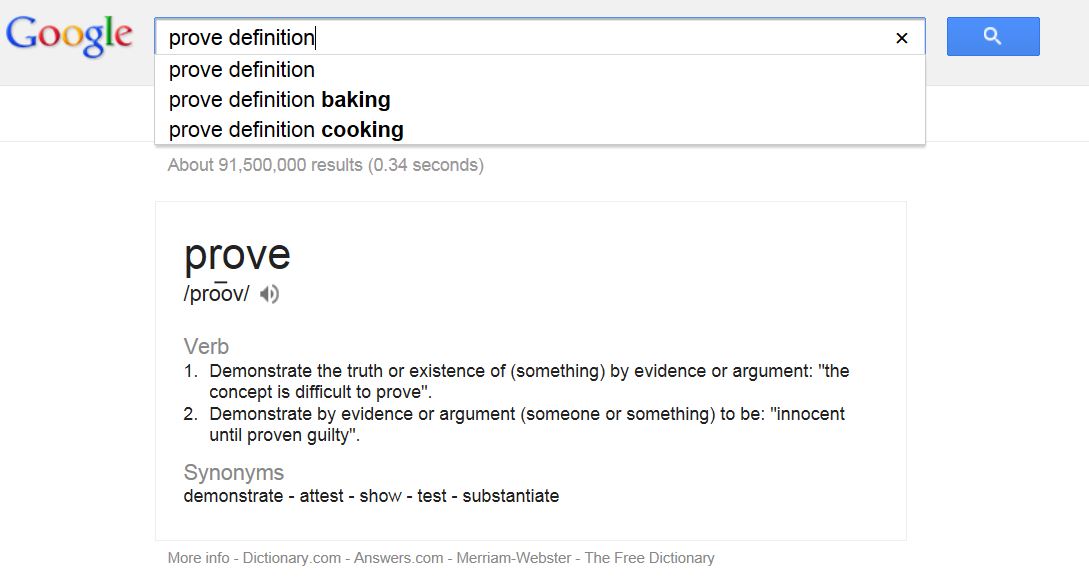It's been called "Les Mis"...
[Am I supposed to do a spoiler alert here?]
...When I told my confreres, after viewing the film, that "I think I have a new favorite movie" they kindly smiled and left it that. I think they had tears in their eyes too.
I guess it's not
just another movie that I have enjoyed in the past (maybe
enjoy is not the best word) but just as
The Passion of Christ or
The Lord of the Rings (all three of them) don't exactly fit within the parameters of a 'common' movie, nor do they reciprocally fit in each other's category. You've heard the question - like trying to figure out
What's better? an Apple or an Orange?...etc.
Les Miserables by Victor Hugo is now it its 151st year and I confess despite that amount of time...
I have yet to read it yet...let's wait till summer...so this is going to be a look at the musical, not at the book (Sorry!)
Rather than going through a long plot what is most intriguing are the characters and moreover their comparisons. Each of the figures seem to have a 'twin' character which complements and completes their place in the film. There are many different ways to view a movie, in this case the music and cinematography are exceptional. I have made a choice to keep to the characters since they are the ones that remind us of our own lives, they make a story
real.
Jean Valjean - Javert
The cat and mouse figures of the plot, the two male characters that bring life and resolution throughout the film. The theme proposed by the two in a few words: Justice and Mercy. Javert is the perfect example of Justice. Law for the law's sake is his motto and throughout the catch me if you can flights you discover an unchanging character, one who prays, yet is incapable of revealing a side less menacing, a necessary human warmth.
The criminal and failure Jean Valjean throws out his old identity through the mercy showed him by the Bishop (which we'll come back to at the end...as did the musical). The New Man is not Valjean-peasant, but Monsieur Le Maire (Mr. Mayor), Factory owner and hometown hero. Having received mercy he gives in kind, even when his own sake and reputation are on the line. Valjean's Mercy changes history.
Fantine - Eponine
Can a movie be complete without a heroine? Does truth require feninine genius? I think so. The two female characters bring one essential element that makes life worth living: Love. Love brings life purpose. Fantine, the secret mother of Cosette loses her cover and her job, due to the Hatred of her fellow workers and finds the sad but only way out...prostitution. Valjean comes to her aid but it is too late. She dies leaving her daughter under his care, a sort of marriage of mercy, with Cosette as child.

Eponine, helpless lover of Marius, once discovering that his heart is not for her but for Cosette, not as a mixed up jealous lover, but rescues the Valjeans (Jean and Cosette) from eminent capture. She doesn't stop there, just as Fantine did for Cosette, just so does Eponine do for Marius, offering her beautiful hair for her cause, Marius. Fantine had offered even her teeth. This shows the depths of love, that in some ways goes beyond the bridal, that of the maternal. Spiritual Motherhood is their theme, they live it giving more than just their spirit, they give - as our own mothers do - their own bodies and their lives.
Marius & Cosette - The Thénardiers
Now a couple of couples. The final resolution of the love (and the hatred) throughout the story is the marriage of Marius and Cosette. The marriage takes place in a beautiful palace with beautiful guests. The characters and the scene is juxtaposed by that of The Thénardiers, the first foster parents of Cosette, and owners of the town hotel of filth.
Similar in some respects because of the difficulties both couples have encountered throughout their different lives yet
very different in that Cosette and Marius exude a noble graciousness finalized in their gratitude towards their Father, Jean Valjean (found interestingly enough due to The Thénardiers).
Gratitude, sign of real love, is the song of their love for one another whereas
Greed be is (literally) the song of the Thenardiers.
The Bishop
The musical ends with the cast - with the exception of Javert - singing their song of revolution. This beautiful film could not have omitted the clearly religious symbol of the Bishop. He was the first to extend his hand of mercy - albeit in what would have been in a difficult moment in French history. Without this
Act one of Mercy and Forgiveness the rest of the film could not have happened and the final song, that of revolution, would never have occured.
"
To love another person is to see the face of God", Jean Valjean exclaims as the Bishop reaches out to accept him into Heaven. Ultimately, the
failure of success as a paradigm is what is asserted, in the end - life is not about successes - but that we
les miserables of life,
embrace the Mercy of God, which is, in the end, not a song of anger but that of joy.












